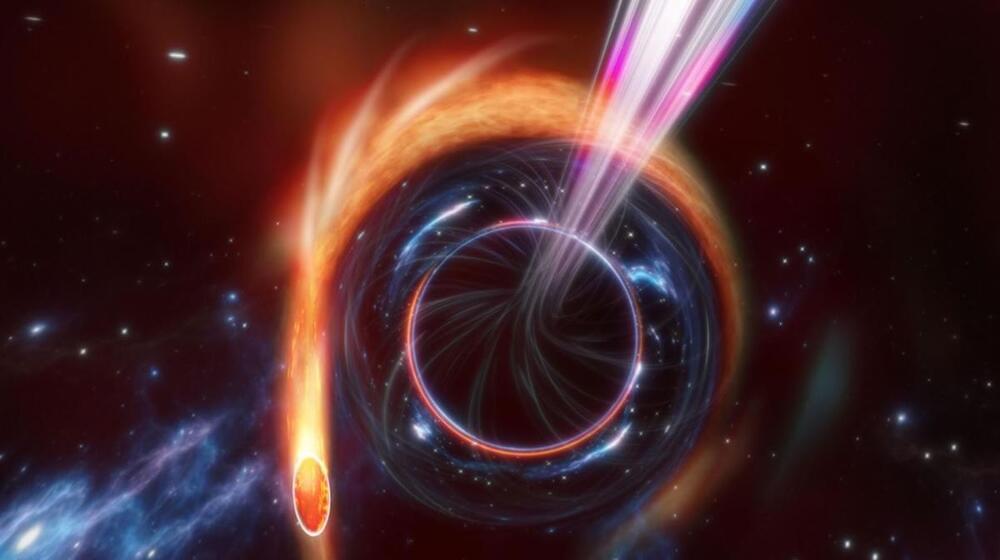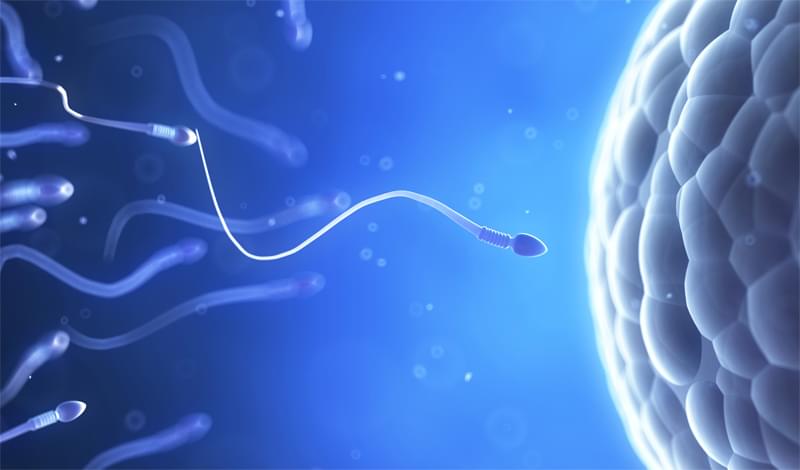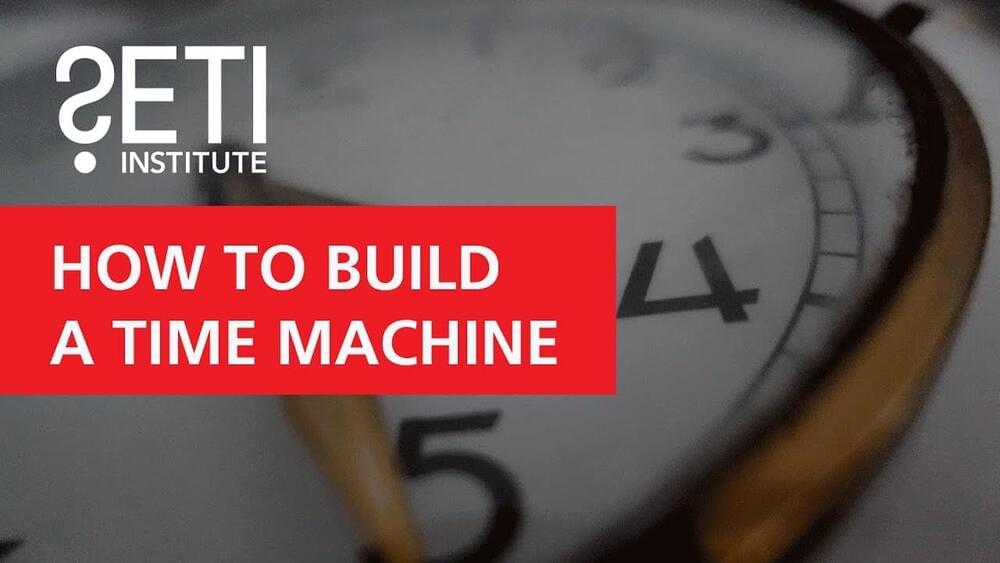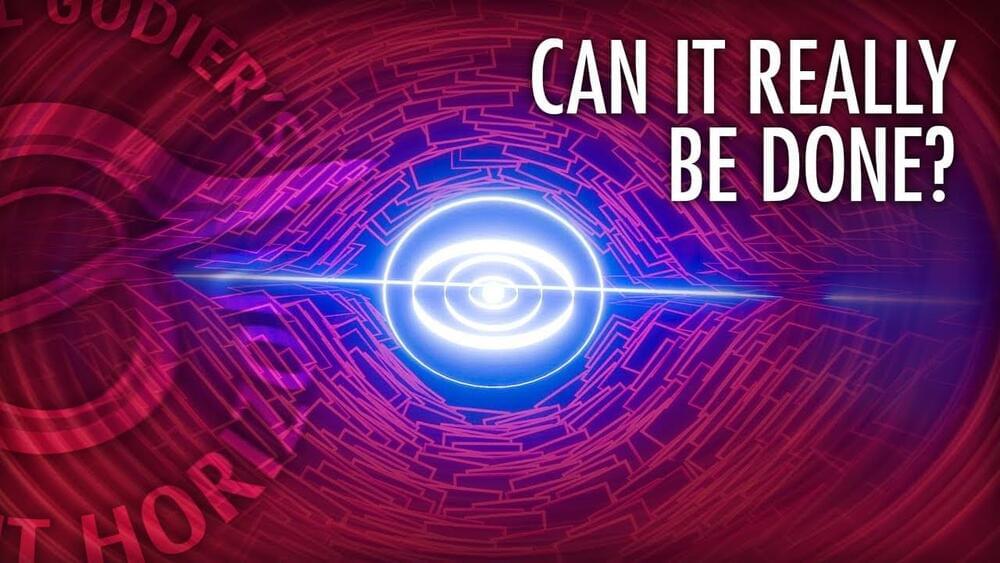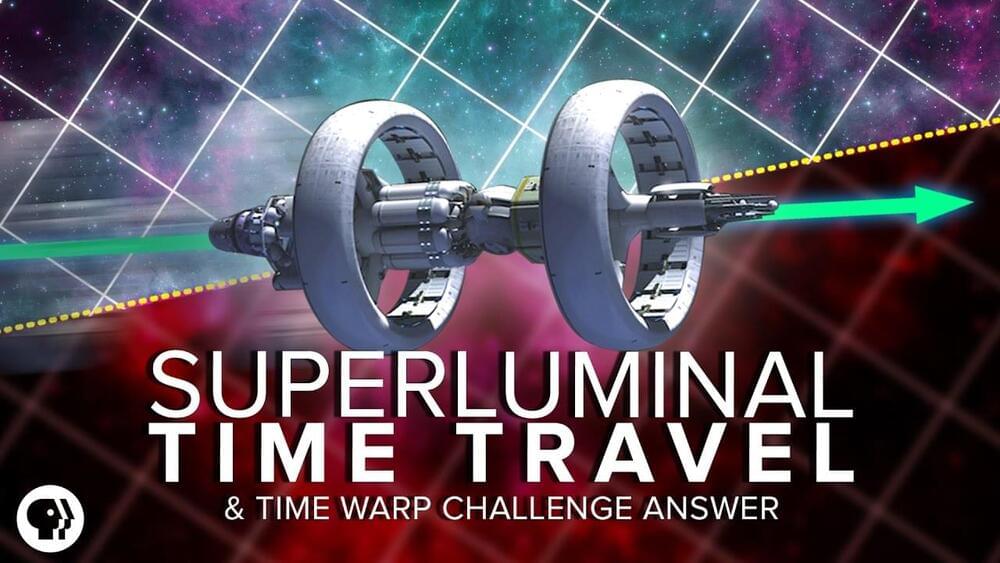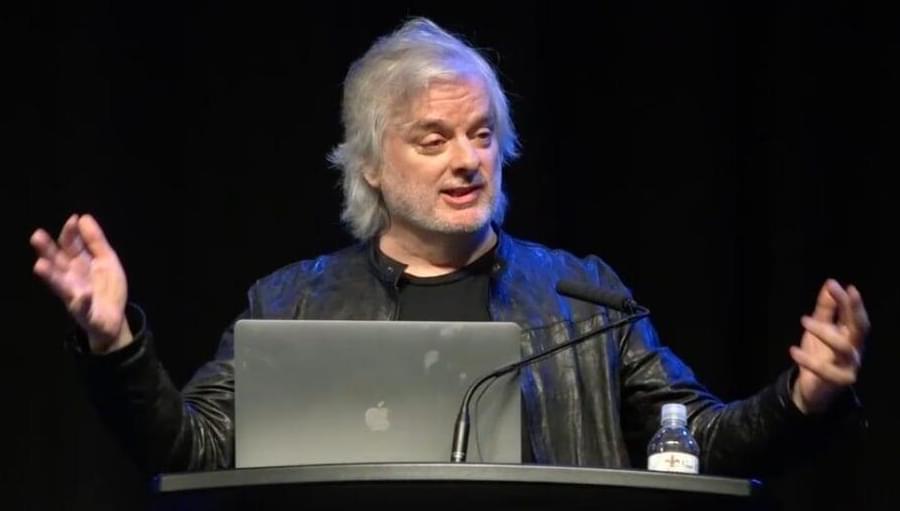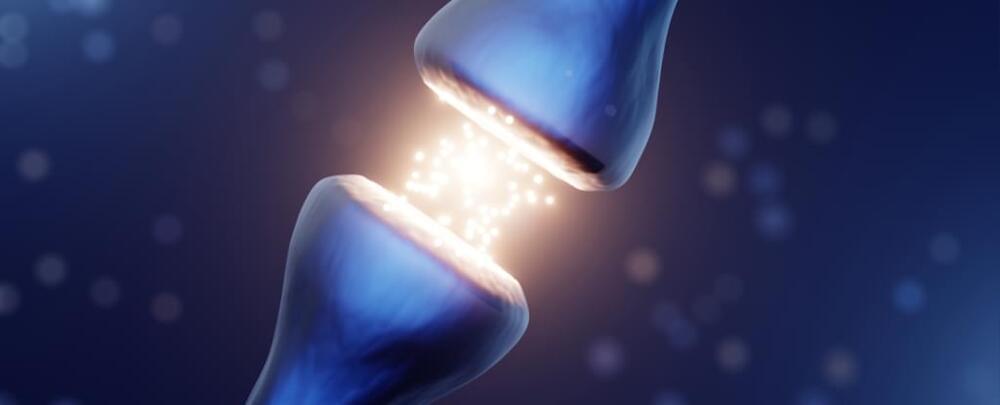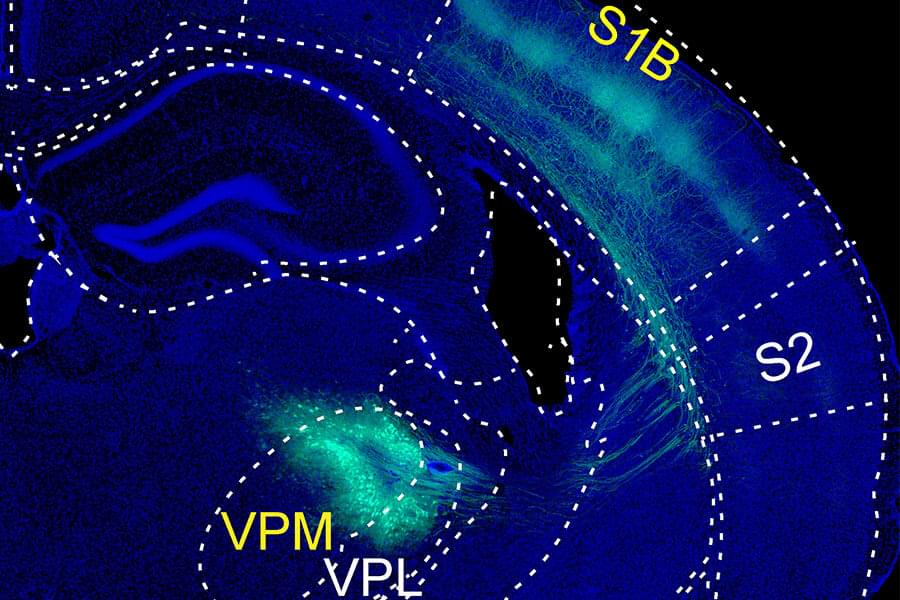
When we press our temples to soothe an aching head or rub an elbow after an unexpected blow, it often brings some relief. It is believed that pain-responsive cells in the brain quiet down when these neurons also receive touch inputs, say scientists at MIT’s McGovern Institute for Brain Research, who for the first time have watched this phenomenon play out in the brains of mice.
The team’s discovery, reported Nov. 6 in the journal Science Advances, offers researchers a deeper understanding of the complicated relationship between pain and touch and could offer some insights into chronic pain in humans.
“We’re interested in this because it’s a common human experience,” says McGovern investigator Fan Wang. “When some part of your body hurts, you rub it, right? We know touch can alleviate pain in this way.” But, she says, the phenomenon has been very difficult for neuroscientists to study.
